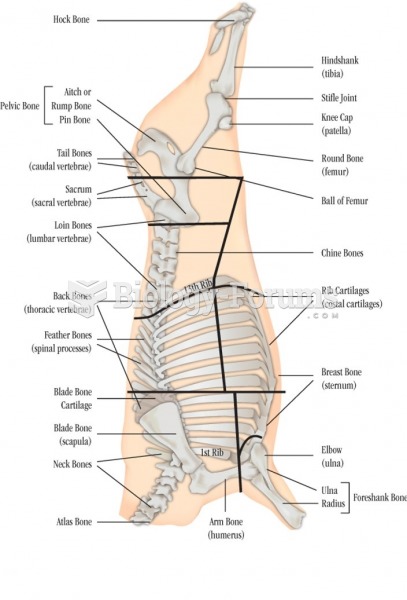Answer to Question 1
Answer: A successful appraisal interview should be structured in a way that allows both the supervisor and the subordinate to view it as a problem-solving rather than a fault-finding session. The manager has several purposes when planning an appraisal interview. Certainly the employee's performance should be discussed, focusing on specific accomplishments. Also, the employee should be assisted in setting goals and personal-development plans for the next appraisal period. The manager should suggest means for achieving established goals, including support from the manager and firm. For instance, a worker may receive an average rating on a factor such as quality of production. In the interview, both parties should agree to the specific improvement needed during the next appraisal period and specific actions that each should take. During performance reviews, managers might ask employees whether their current duties and roles are effective in achieving their goals. In addition to reviewing job-related performance, they might also discuss subjective topics, such as career ambitions. For example, in working on a project, perhaps an employee discovered an unrealized aptitude. This awareness could result in a new goal or serve as a springboard to an expanded role in the organization. The amount of time devoted to an appraisal interview varies considerably with company policy and the position of the evaluated employee. Although costs are a consideration, there is merit in conducting separate interviews for discussing (1) employee performance and development and (2) pay. Many managers have learned that as soon as the topic of pay emerges in an interview, it tends to dominate the conversation, with performance improvement taking a back seat. For this reason, if pay increases or bonuses are involved in the appraisal, it might be advisable to defer those discussions for one to several weeks after the appraisal interview.
Answer to Question 2
Answer: C







